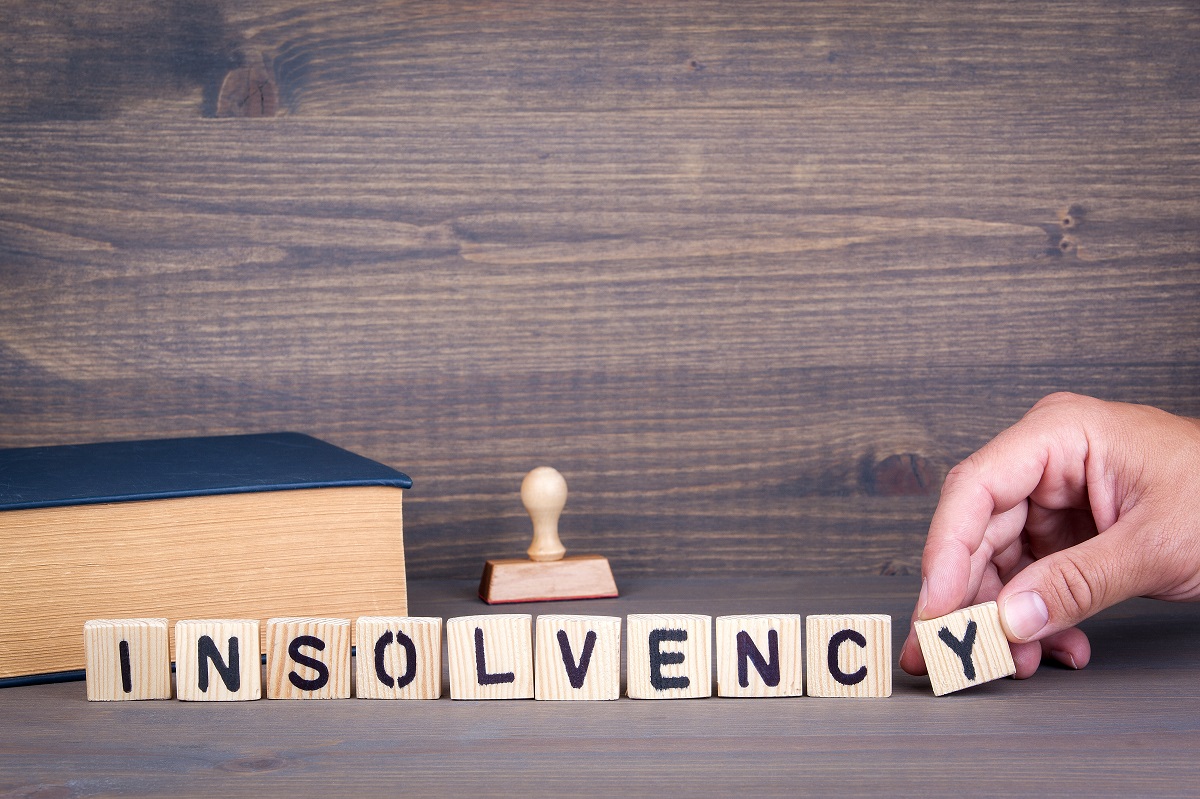Insolvency Practitioner for Dummies
Table of ContentsThe 7-Minute Rule for Insolvency PractitionerInsolvency Practitioner Can Be Fun For AnyoneLittle Known Questions About Insolvency Practitioner.Insolvency Practitioner Things To Know Before You Get ThisGetting The Insolvency Practitioner To Work
Whether or not you require to use an insolvency expert (IP) to liquidate your company relies on various variables. While engaging an insolvency expert for all forms of liquidation is not a lawful requirement, doing so can often streamline the process and ensure compliance with legal demands. Liquidating a firm is a crucial decision that comes with considerable repercussions.

It is a procedure utilized when a firm does not have any type of lenders, or all of their creditors can be settled in complete with statutory rate of interest. Recognizing the different kinds of bankruptcy procedures can aid you determine the finest training course of action for your company's liquidation or other official insolvency procedures itself.
This is compulsory in order to abide by lawful needs - Insolvency Practitioner. This is because IPs have the required qualifications and experience to ensure that the liquidation process is carried out in conformity with all applicable regulations and regulations. By involving a qualified insolvency practitioner, you can have peace of mind knowing that your firm's liquidation procedure will be dealt with skillfully and in compliance with the pertinent legal demands
3 Simple Techniques For Insolvency Practitioner
The bankruptcy expert is designated as a liquidator and is in charge of taking care of the business and liquidator's debts superior liabilities and possessions. This process includes liquidating the company's possessions and distributing the earnings to creditors. Upon completion of the procedure, the firm is removed from the register at Firms Home.
Failing to do so can cause individual obligation for the firm or supervisor for the lender's debts. Voluntary liquidation, that includes Creditors' Voluntary Liquidation (CVL) and Participants' Voluntary Liquidation (MVL), is initiated by the firm's directors and shareholders when they can no more pay their debts. In a CVL, the insolvency specialist is assigned as the liquidator, in charge of managing company debts and all firm properties.

Little Known Facts About Insolvency Practitioner.
By examining the proficiency and experience of prospective bankruptcy experts, you can make sure that you pick a specialist who has the essential qualifications to handle your firm's liquidation process efficiently. While bankruptcy practitioner-led liquidation is typically the most ideal program of activity for companies facing bankruptcy, there are alternate strategies to think about, such as striking off and partial liquidation.
It's vital to examine all readily available choices prior to choosing on the following best option or training course of activity for your company. Striking off firms' signs up is an extra simple and cost-effective method to shut dormant or small business without any financial debts or properties. To strike off a company, its name is eliminated from the Companies House register by submitting type DS01.
Before choosing for striking off, it's crucial to weigh the advantages and disadvantages of this method and consider whether it's the appropriate option for your company. Partial liquidation is an additional alternative to insolvency practitioner-led liquidation, wherein a company liquidates specific this contact form properties and responsibilities while proceeding to operate with the continuing to be possessions and liabilities.
An Insolvency Professional will certainly be able to suggest you of the most effective strategy to take and make sure that everything runs smoothly. Unfortunately, it is not feasible to sell off a firm without a liquidator. Designating an authorised insolvency practitioner is required for the process of volunteer liquidation to begin.
What Does Insolvency Practitioner Mean?
It is possible to close and liquidate your firm without using a liquidator, given your firm is solvent and you meet the qualification requirements to liquify or liquidate it. Nevertheless, if your business is bankrupt, you may be required to use a liquidator and begin official bankruptcy treatments. Here are a few other helpful posts concerning business liquidation in the UK:.
Remaining in a setting where see this page you're not able to pay your company's lenders is incredibly difficult. In an effort to stay clear of boosting the degree of debt, lots of companies attempt to work out straight with their lenders and agree to an informal arrangement. If the financial debt is quite little and owed to one financial institution, and the creditor is being cooperative, getting in into an informal debt setup is possibly the most effective option, rather than browsing the web for 'an insolvency professional near me'.
On the various other hand, if there are numerous financial institutions and the level of debt is big, lenders may not be so prepared or cooperative. In order to prevent liquidation or personal bankruptcy, it is far better to work with a bankruptcy professional to create official proposals and negotiate with financial institutions on your part.
The smart Trick of Insolvency Practitioner That Nobody is Discussing
Whilst it is a method to manage financial obligation, there are significant risks included with this kind of financial debt setup - Insolvency Practitioner. If a lender agrees to participate in an informal setup (IA) where the debtor has actually concurred to make normal, if lower, payments to pay off the financial debt, it is very important to stick to the arrangement

The creditor is within their civil liberties to back out of the arrangement and application the courts for your firm to be sold off at any type of time. An official plan that has actually been suggested by an insolvency professional on your part, and agreed by a financial institution, offers a much more secure alternative.
Comments on “The 9-Minute Rule for Insolvency Practitioner”